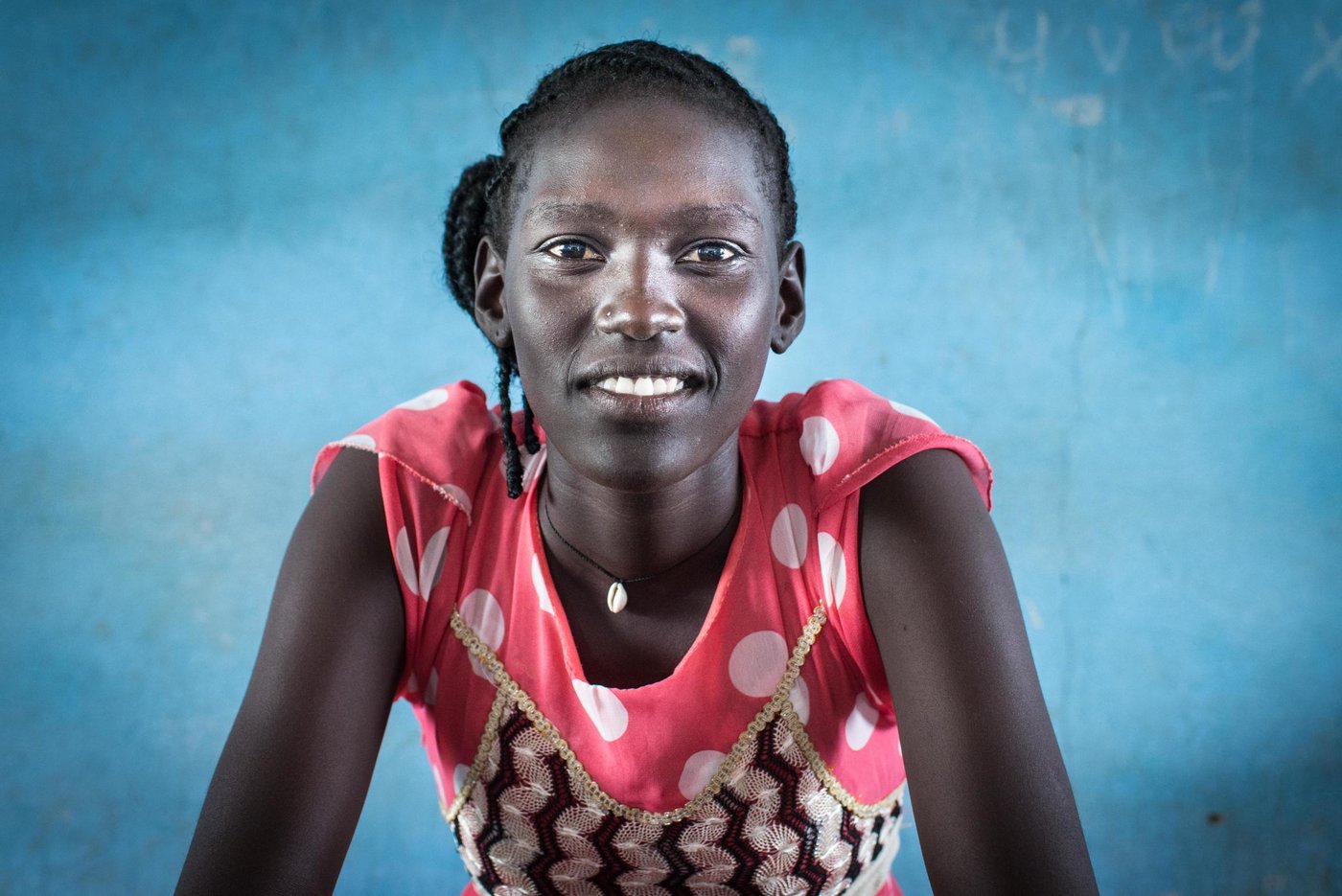"It's much easier to have money you have earned yourself from shovelling a certain number of kilos of cement during the day than just sitting there passively receiving money. It's all about preserving your dignity," says Richard Skretteberg, senior adviser at NRC.
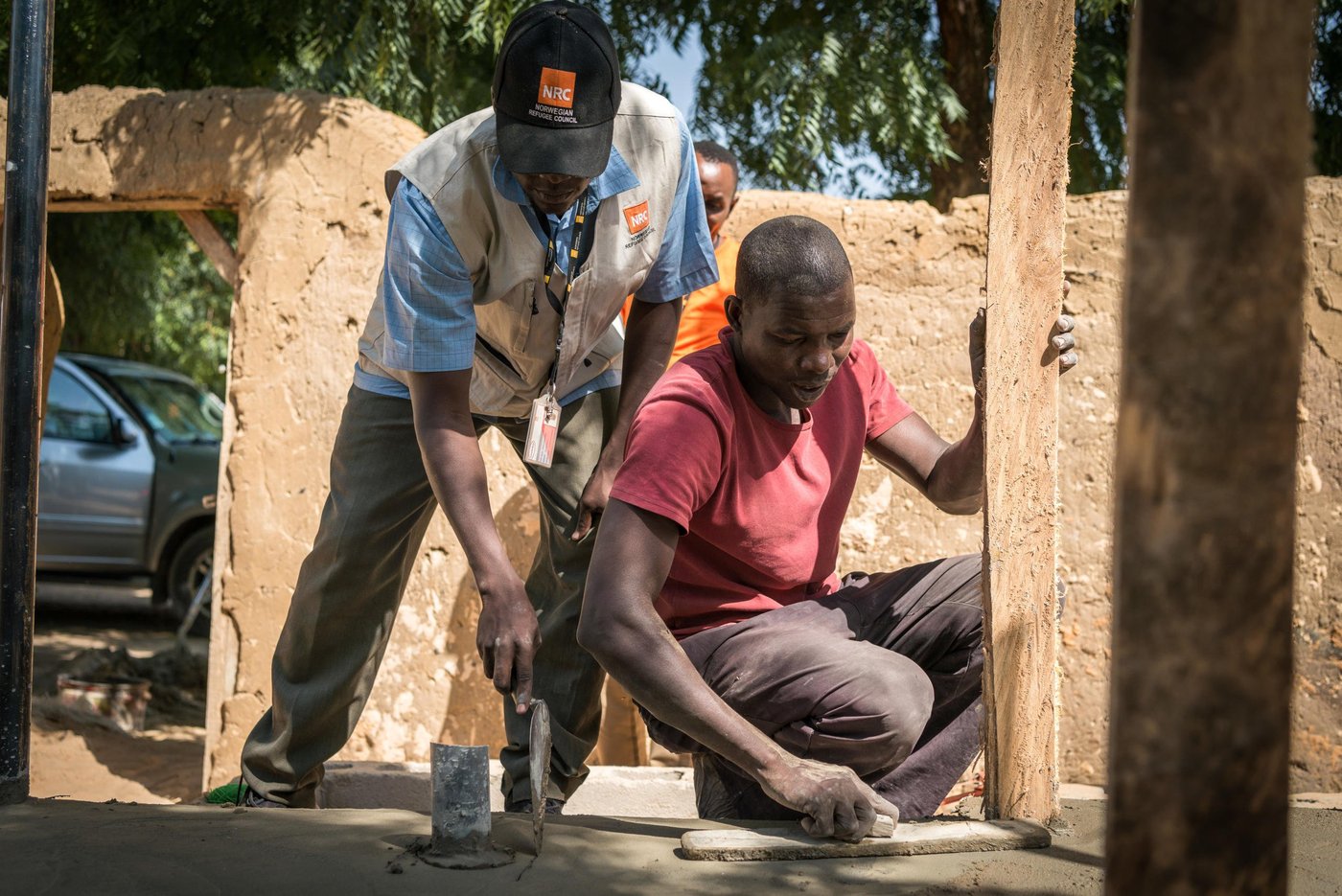
NRC provides humanitarian aid in 32 countries, but not in Norway. Skretteberg has just returned from Nigeria, where there is a conflict that has been going on since 2009 and has spread from north-eastern Nigeria to neighbouring Niger, Chad and Cameroon. It has become one of the world’s worst crisis areas. Over 1.7 million people have been displaced, and the vast majority are in the north-east.
"To get to the areas where our people work, we had to take a helicopter. It has to do with safety – some of the areas are surrounded by armed groups such as Boko Haram," Skretteberg explains.
He was in Damasak and Dikwa, two north-eastern cities bordering on neighbouring Niger and Chad.
"These are two garrison towns where the military has taken back control from Boko Haram, and many people have already returned home. In addition, people from the surrounding village areas have been drawn to the towns because of military operations and fighting," says Skretteberg.
Want to be useful
People really want to contribute, and NRC focuses on using the resources that are available. Together with the refugees themselves, we ensure that they have liveable conditions whether they live in a refugee camp or in host communities.
There is work to be done: digging, carrying and building. Houses must be built or repaired. Tents must be set up. People need to get water and distribute food.
It's important for the refugees to have something to do. Then you know that you're useful.Senior adviser Richard Skretteberg
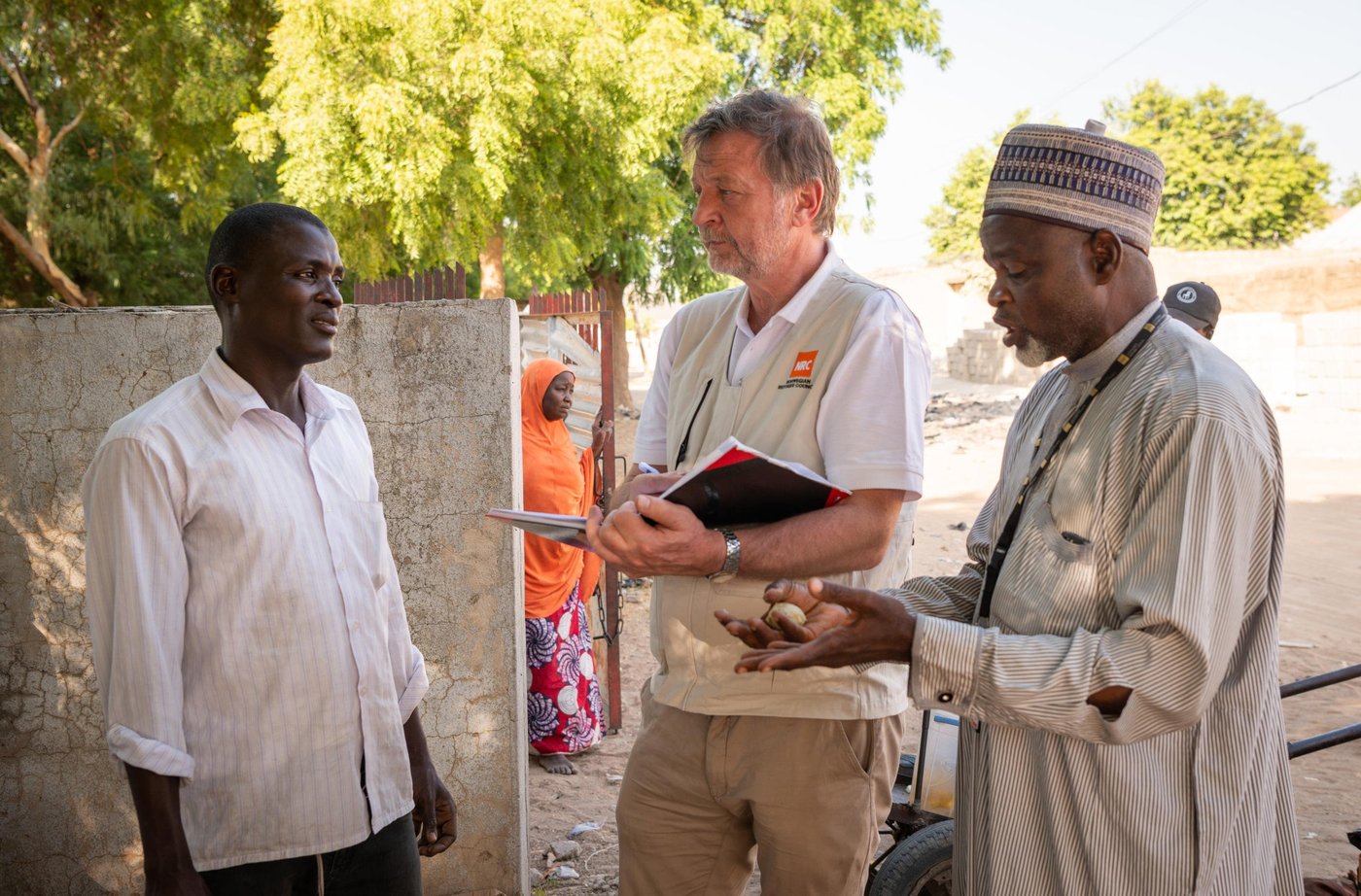
"We give people money so they can buy or make building materials for their houses themselves. They even set up water tanks and repair roads. Some people start up small one-person businesses, like a kiosk or fruit stand," says Skretteberg.
He says that there’s no doubt that it’s important for refugees to have something to do. Because then you know that you are useful, and you can help improve your own situation. It’s easy to see that this must be good for the psyche.
Refugee camps and asylum reception centres are different
But Skretteberg believes that when it comes to mental health, there is a big difference between coming to a refugee camp in an African country and an asylum reception centre in Norway, for example.
"People go to refugee camps for protection and food – these are the two core factors. They also have each other, if they flee together. Frustration builds when role patterns change. This may be especially true for the man’s role, such as when he feels powerless because he is unable to support his family," he says and continues:
"When it comes to the asylum reception centres here in Norway, I have the impression that there is almost nothing to do. And you are terrified when the answer to your asylum application finally arrives. You could end up having wasted two, three or four years of your life."
Living in a vacuum
You just sit there and feel worthless. This is something that Birgit Lie, senior consultant at Sørlandet Hospital, knows well. She has worked with refugees in Southern Norway for over thirty years.
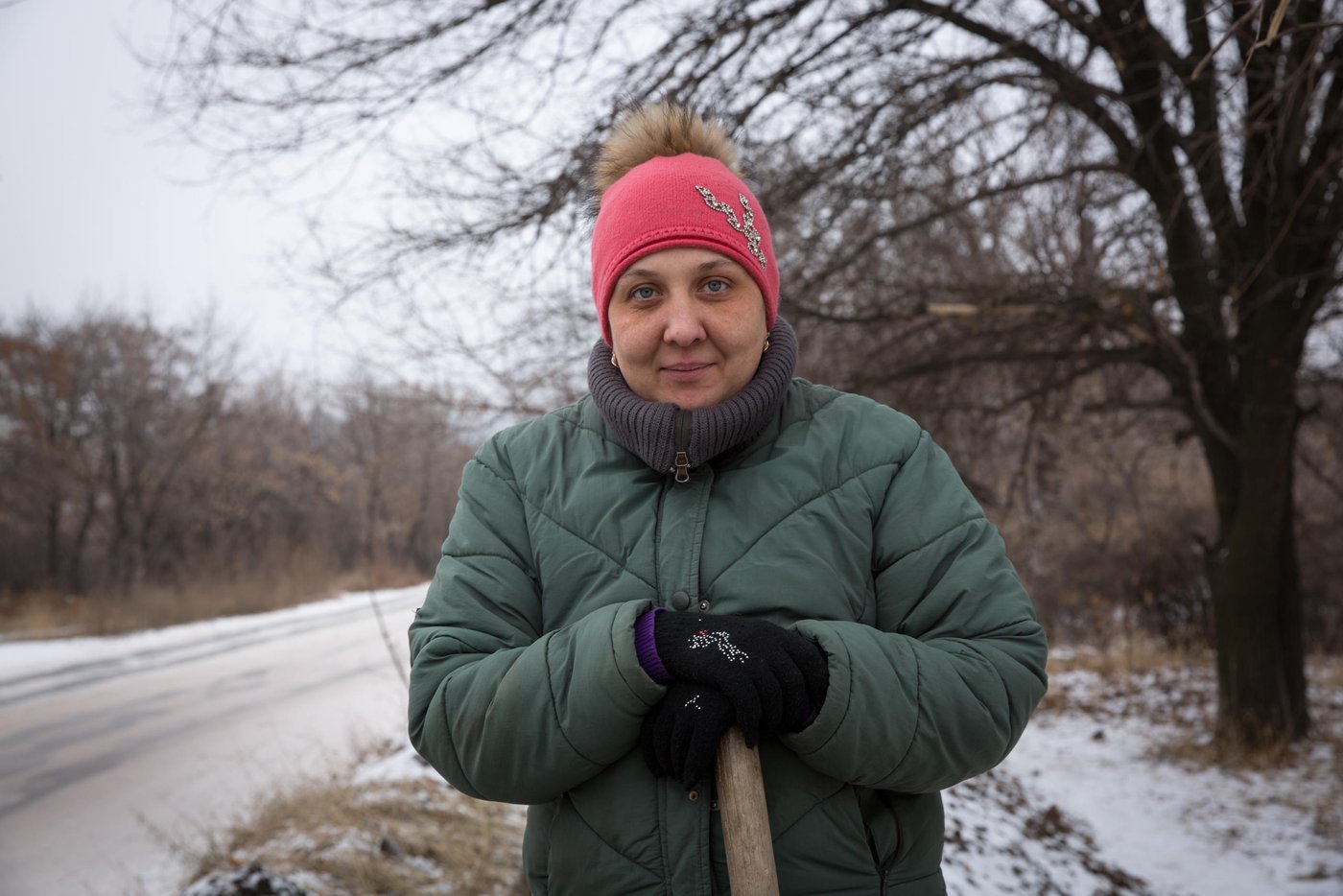
You have too much time to sit and think. It’s not healthy.Birgit Lie, senior consultant at Sørlandet Hospital
"You have too much time to sit and think. It's not healthy. It's like being in a vacuum. You don’t know how long it will take, how long you will be sitting there. The opposite, feeling like you are getting started with a life and not living your life on hold, has very positive effect on health," she says.
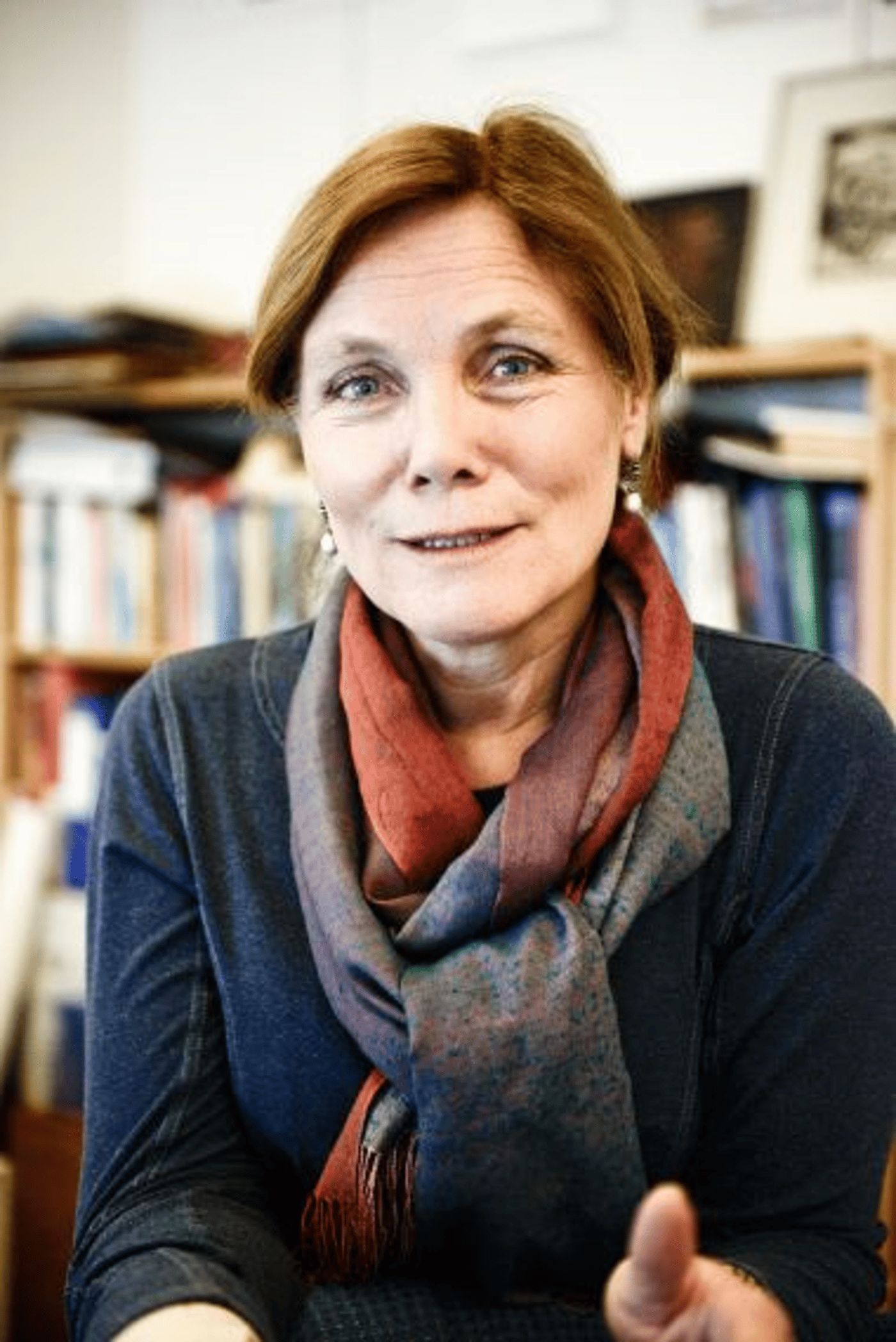
When Lie was planning to take her doctorate in the 1990s, she wanted to look at the mental health of resettled refugees. The people who had come to Norway at that time were mainly war refugees from Bosnia.
She says that they brought with them many experiences from the war. Some had been tortured, while others had been in concentration camps. This obviously caused mental health issues:
"After they had lived in Norway for three years, I re-examined them. Then I could see that what they had experienced in terms of stress and traumatisation in Norway, affected their mental health just as much as what they had experienced during the war. So, sitting in an asylum reception centre, filled with uncertainty and waiting over time, moving from place to place without being able to put down roots – that’s really stressful. For many people, it is quite traumatic."
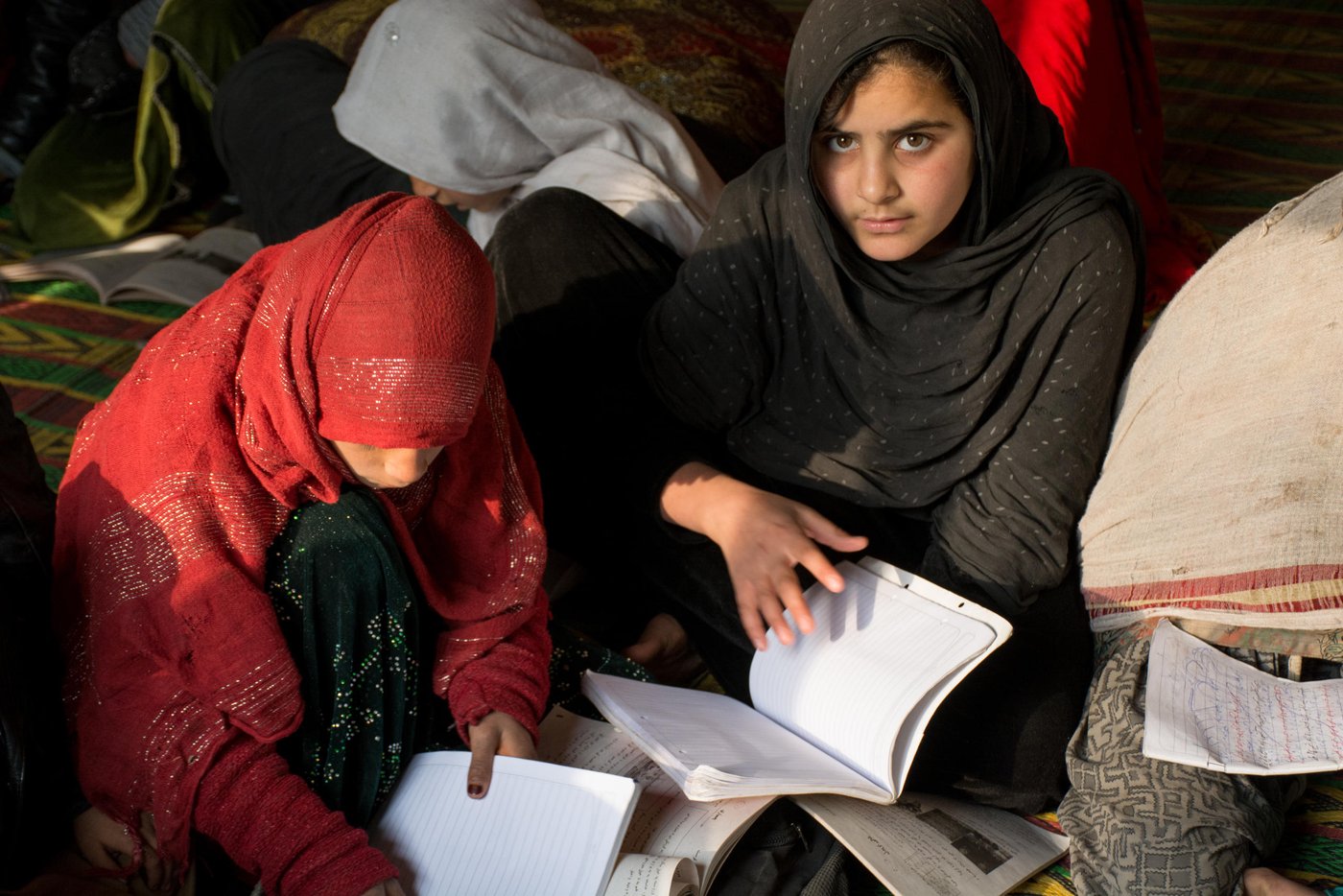
People are people
"Can you become so mentally ill from passively waiting that you actually become dangerous?"
"In the 30 years I've been working with refugees, I've never been attacked or threatened. But like ethnic Norwegian patients, we see that there are a few who can lose touch with reality and become psychotic. When that happens, you are not able to take care of yourself and need special help. But this does not apply to the majority of traumatised refugees," Lie says.
When it comes down to it, people are not so different. There's nothing mysterious about refugees.Birgit Lie
"When it comes down to it, people are not so different," she believes. There's nothing mysterious about refugees. Those who come to Norway are people who are as similar and as different as Norwegians are. They must be met as individuals, seen and reflected so that they can feel a sense of belonging.
State of mind
Perhaps you can imagine yourself in the same situation as refugees and think: How would I react?
"Yes, ask yourself what it must be like to come to a completely different part of the world and have nothing to do, or what it must be like to sit in an airport for days with no information. And then you will begin to have an inkling of the feeling – but it’s impossible to fully understand," says the senior consultant.
It’s the uncertainty. The lack of information. Not understanding what’s happening:
"You can try to understand the state of mind," Lie says.
"What happens to people after weeks, months and years in this situation?”
"Depression, irritation, apathy. For many, their worries cause physical symptoms. And all are normal responses to the abnormal situation you find yourself in."


